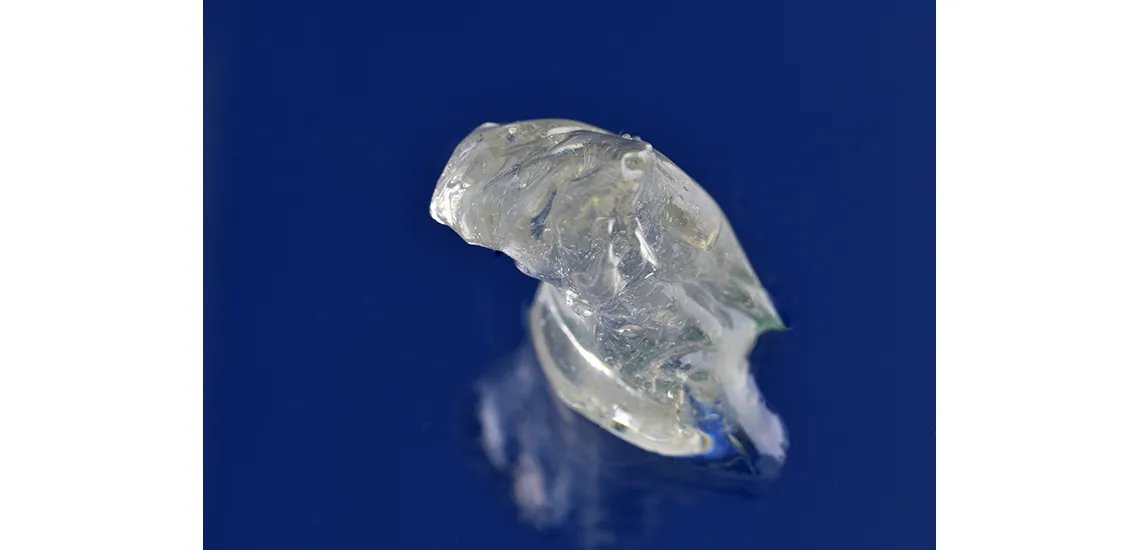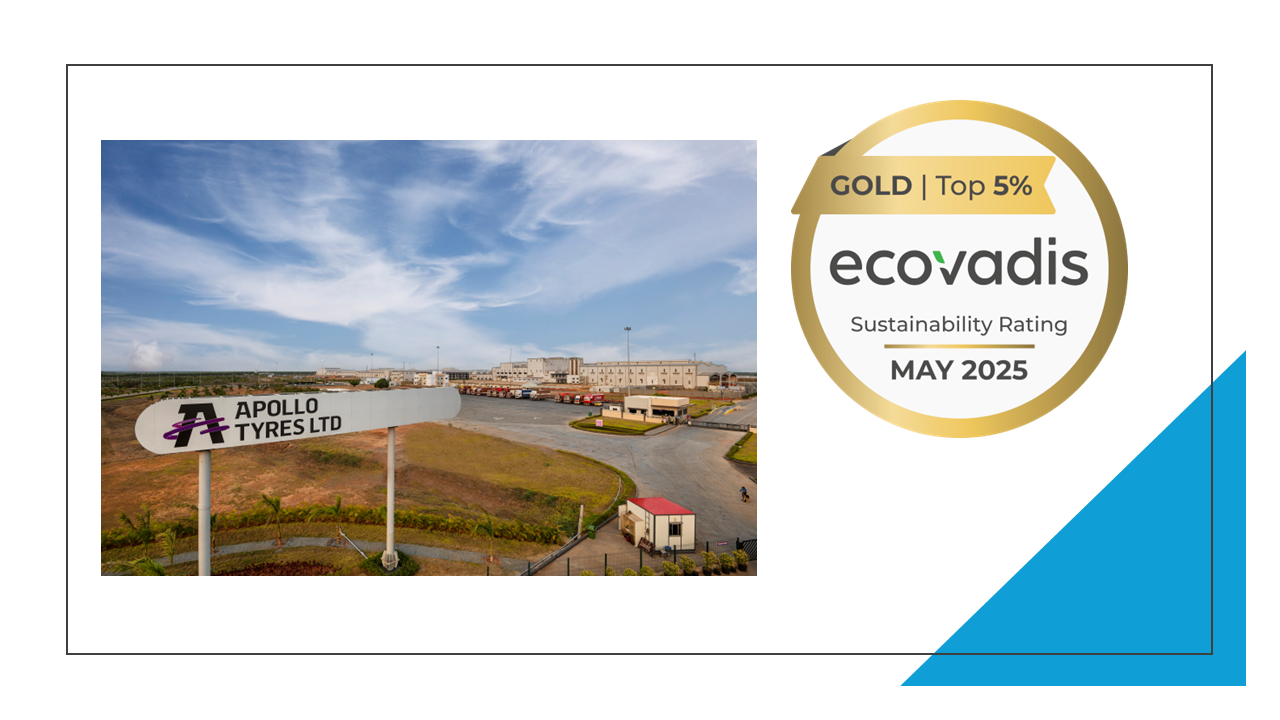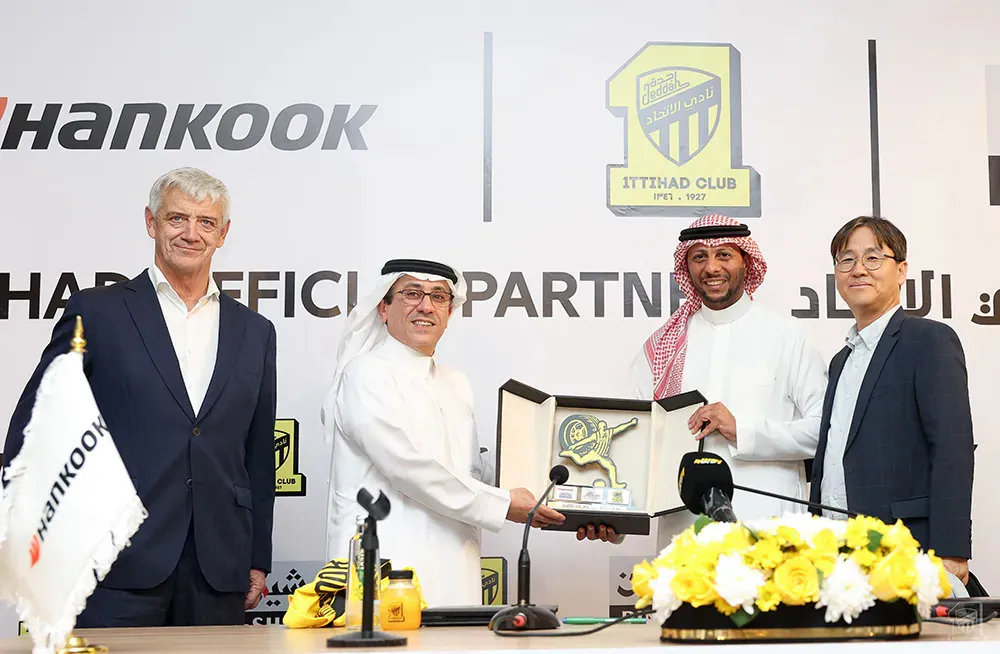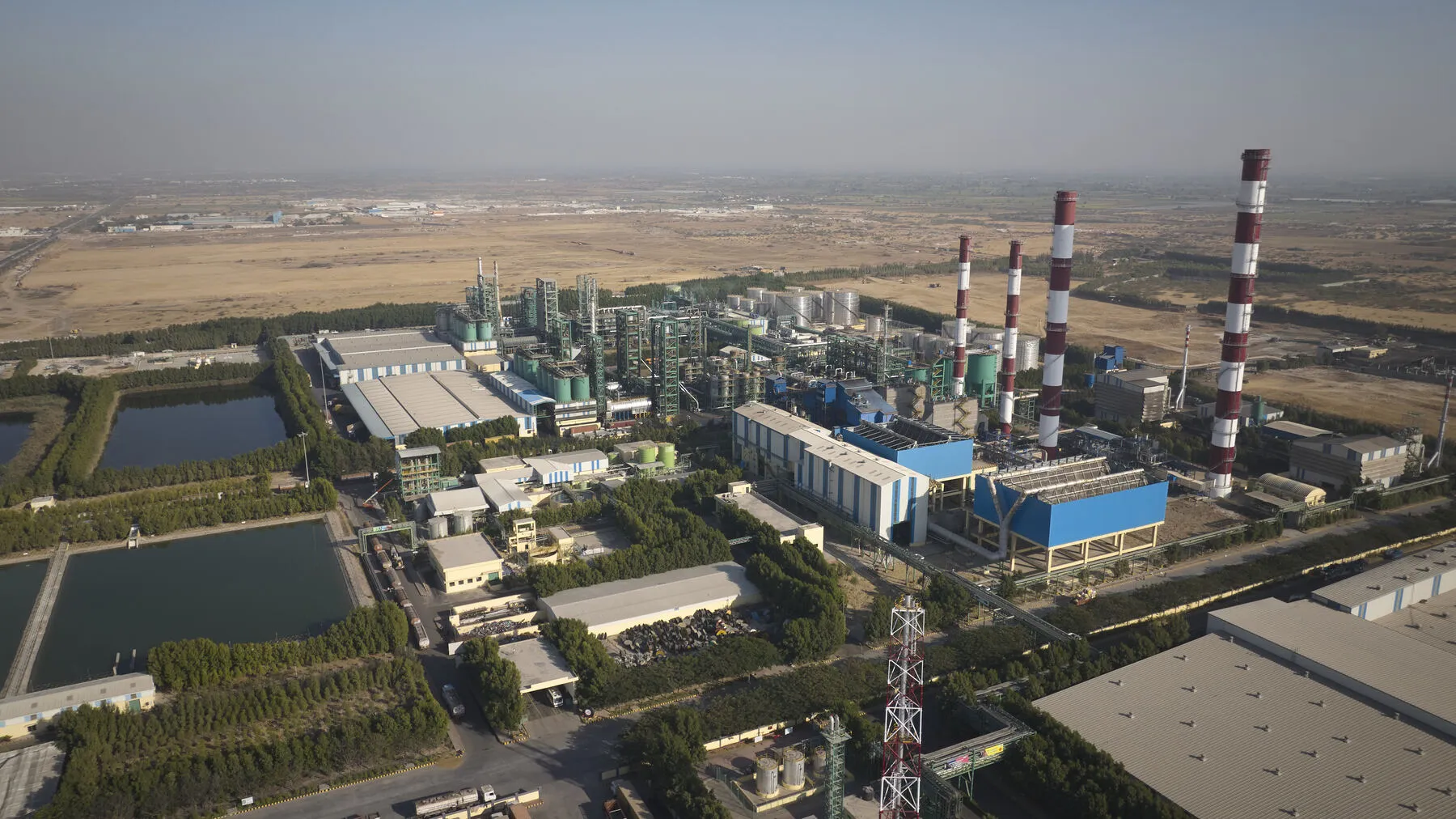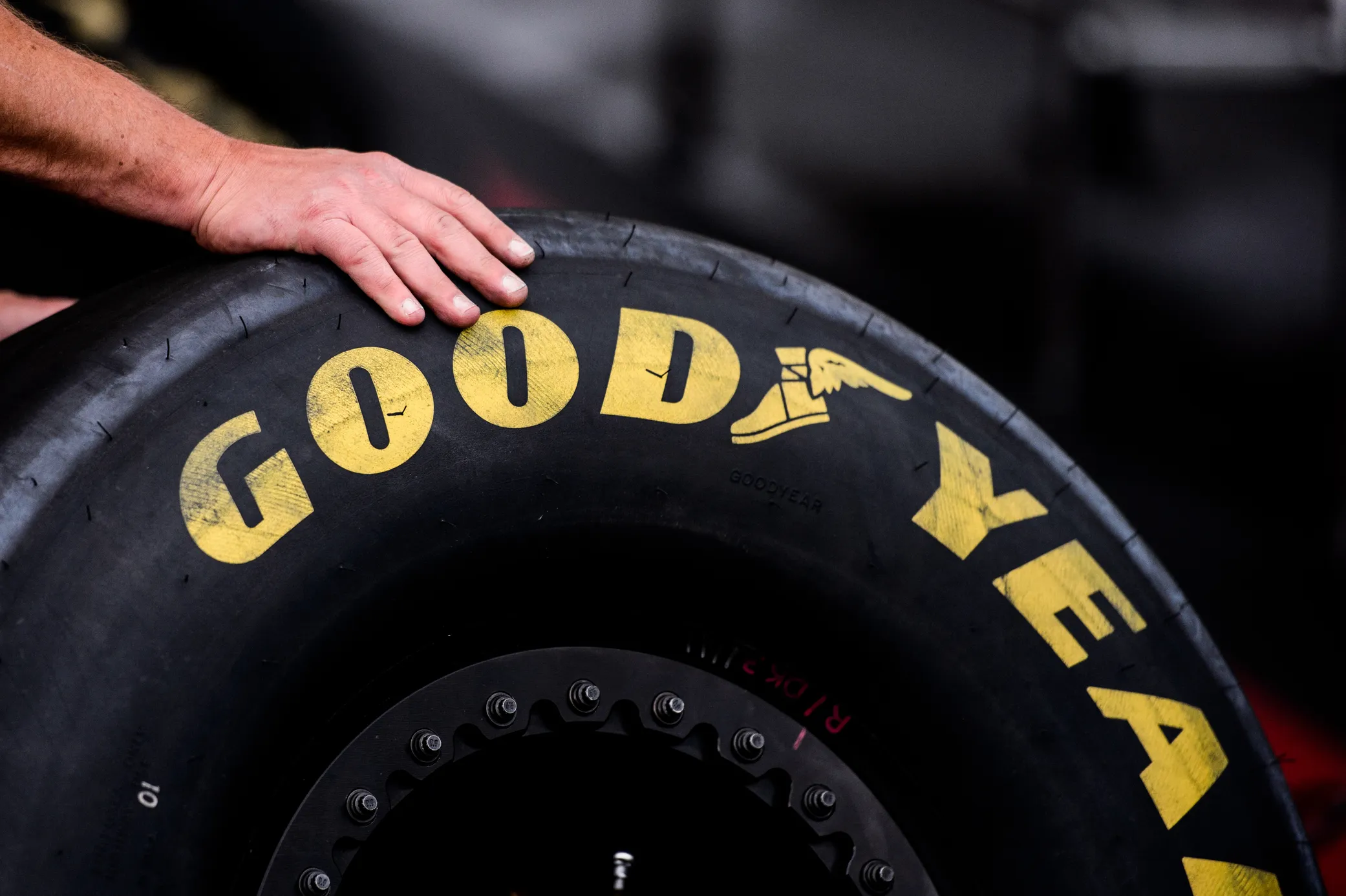The Yokohama Rubber Co., Ltd., has developed the world’s first technology capable of efficiently producing butadiene from a biomass.
Yokohama Aims to Reduce Dependence on Petroleum and Lower CO2 Emission
The breakthrough was achieved by the “Bio-monomer Production Laboratory” jointly established with the Riken and Zeon Corporation. Butadiene is a core raw material used to make synthetic rubber used in automobile tires and other products. Currently, industrial butadiene is produced as a by-product of naphtha pyrolysis. As such, the development of an independent butadiene production technology will help reduce dependence on petroleum and lower carbon dioxide (CO2) emissions, a major cause of global warming.
The joint research team has succeeded in creating cells with excellent butadiene-producing ability using new artificial pathways and enzymes. This makes it possible to go through cheaper intermediates than conventional metabolic pathways, and by incorporating the knowledge of the enzymes that have been developed thus far, the cost of butadiene fermentative production will be significantly reduced. The team’s research results will be published in 13th April in Nature Communications, an online journal based in London and elsewhere that publishes high-quality research from all areas of the natural sciences. The team also has succeeded in producing polybutadiene rubber from the butadiene produced by the world‘s first fermentation production using this new technology.
Previously, in 2018 the Bio-monomer Production Laboratory achieved another world first when it succeeded in using a new artificial pathway and highly active enzymes to create cells with excellent isoprene-synthesizing capability. The technology achieves an integrated process that uses a biomass (sugar) generated in the cells to trigger the production of the isoprene.
Yokohama Rubber, Riken Center for Sustainable Resource Science (CSRS), and Zeon have been cooperating in joint research project since 2013. The Bio-monomer Production Laboratory was established inside Riken in April 2020, and under Riken‘s “Integrated Collaborative Research Program with Industry” it has been accelerating research that will achieve deliverables needed by society. Going forward, the team will conduct research to establish more highly productive enzymes and an efficient purification technology by organically fusing the know-how and technologies of Yokohama Rubber, Riken and Zeon.

